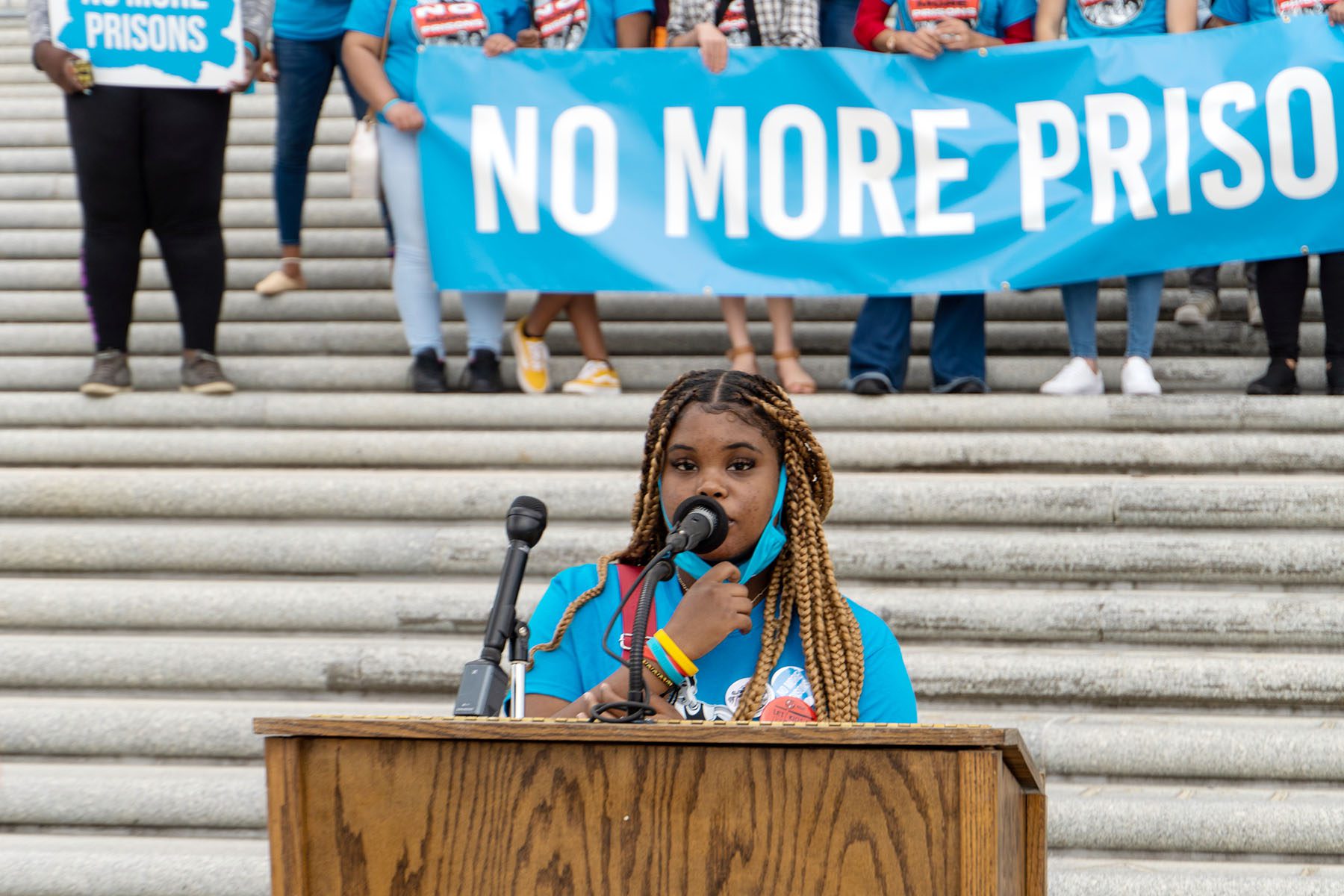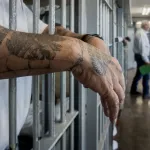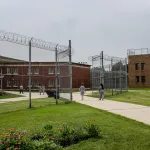We’re telling the untold stories of women, women of color and LGBTQ+ people. Subscribe to our daily newsletter.
Growing up, Tamia Cenance could not fully understand the reason behind her father’s absence from her life. His contact with the juvenile legal system at a young age had sparked a cycle of incarceration spanning from adolescence into his adult years — something she would realize as she got older.
Now 17, Cenance wanted to advocate for incarcerated youth after becoming aware of the juvenile legal system’s long-term effects on the trajectory of her father’s life. She became a leader with Black Girls Rising (BGR), working alongside other girls and young women in Louisiana to end youth incarceration. While they advocate for incarcerated young people broadly, they have an emphasis on young Black women and girls in detention.
“We all got together because we all had parents — mainly fathers — incarcerated,” Cenance said in an interview with The 19th.
The group is an extension of Families and Friends of Louisiana’s Incarcerated Children (FFLIC), which Cenance’s grandmother co-founded along with Gina Womack, FFLIC’s executive director. About nine young women and girls from the ages of 11 through their early 20s received leadership training from FFLIC. A key part of their mission is to provide resources and information to incarcerated young people and their families. They offer emotional support through efforts like partnering with its counterpart for young men, Black Man Rising, and delivering gift bags to youth in detention during the holidays to let them know that they are loved.
“If a friend needs help or if they’re in jail and they don’t have the resources for a lawyer,” FFLIC can help refer one, Cenance said. “We can talk to people. If an organization needs outreach to other teens, we do that.”
-
More like this
- Black mothers are at the center of a fight to keep youth out of an adult prison in Louisiana
- Mental health of incarcerated LGBTQ+ youth is understudied — but new analysis shows kids are in crisis
- People face a ‘desperate’ reality after leaving prison. Two Atlanta women are pushing to change that.
Another aspect of Black Girls Rising’s work is to call for the closure of youth detention centers, push for local alternatives to youth incarceration and raise awareness about the conditions incarcerated people face. The group played a key role in protesting the relocation of several incarcerated youth from a juvenile detention center to the Louisiana State Penitentiary for adults in Angola, which was once known as “America’s bloodiest prison.”
The transfers took place last year, and several young people are currently held in the prison’s former death row wing.
Cenance said that she sees her father in the incarcerated youth she is striving to help. “They are going to be someone’s fathers and mothers, so I just want to fight for them to make sure they are actually being rehabilitated and working toward closing the prisons.”
Black youth are more than four times more likely to be detained or committed in juvenile correctional facilities as their White counterparts, according to data analyzed by the Sentencing Project. While Black youth represent about 15 percent of young people in the United States, they represent about 41 percent of those residing in a juvenile facility.
Racial disparities exist more specifically among incarcerated girls as well. Black and Indigenous girls are much more likely to enter the juvenile legal system due to a combination of factors, including a lack of emotional and economic support for children and families, Cameron Dumas, the youth organizing manager with Black Girls Rising, told The 19th.
Like Cenance, Dumas, who is 24, had a close relative become incarcerated when she was a child, which shaped her perspective of the system and motivated her to study criminal justice at Southeastern Louisiana University. She believes having a local group like BGR dedicated to supporting incarcerated youth with an added focus on Black girls helps kids and their families see they have not been forgotten.
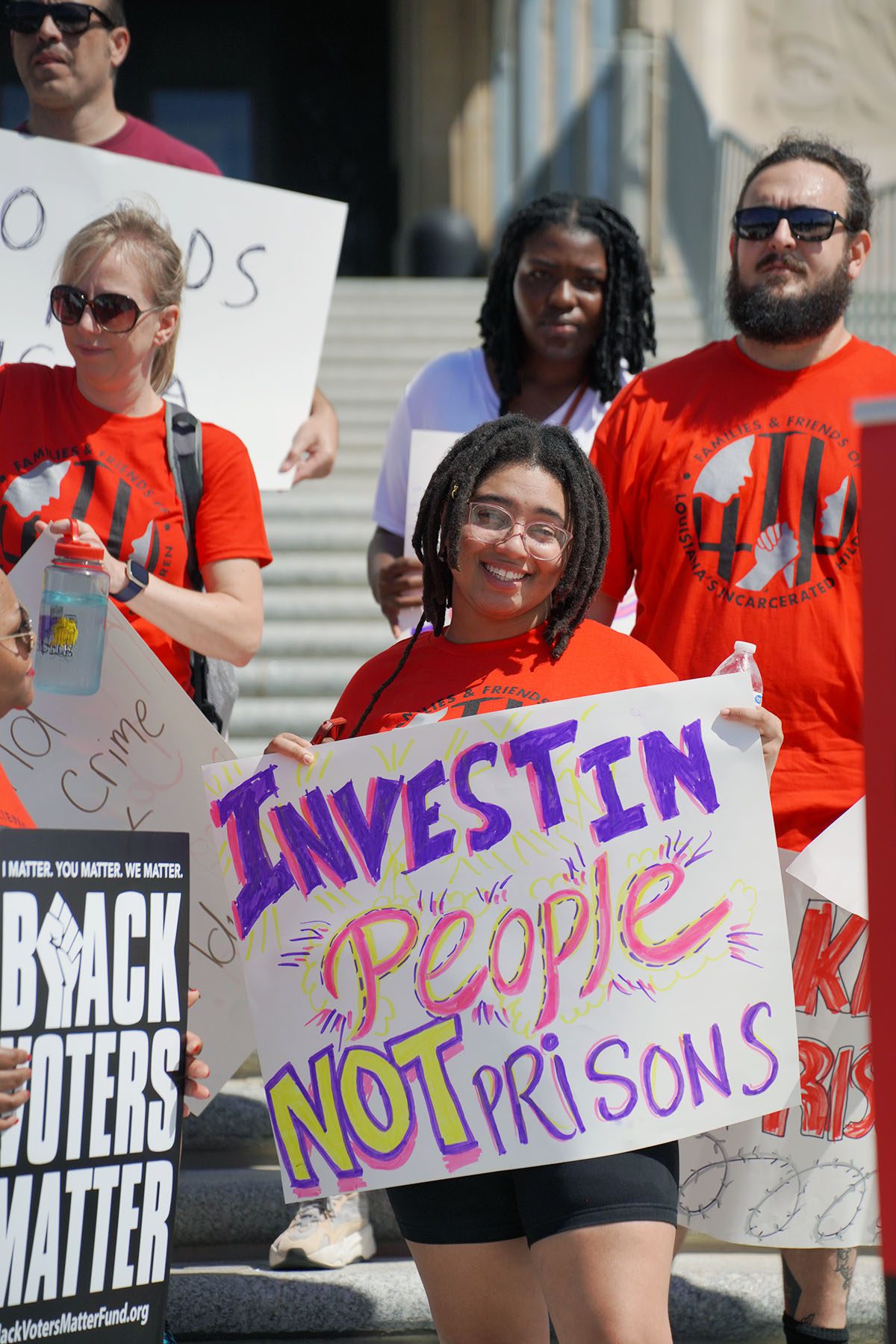
Hector Linares, a law professor at Loyola University and longtime youth defense attorney, believes that the work Black Girls Rising is doing is critical. Twenty years ago — when he started working at the Juvenile Justice Project of Louisiana, now the Louisiana Center for Children’s Rights — Linares shared an office building with FFLIC. He told The 19th that FFLIC was “a huge part of the reforms that we were successfully able to implement in the early 2000s.”
During that time, Linares said, the state’s Juvenile Justice Reform Act of 2003 (Act 1225) was passed. As a provision of this legislation, the Tallulah Youth Correctional Facility was closed in 2004 and funding for the center was reallocated to community-based programs.
Additionally, in the early 2000s, Louisiana began to implement a system modeled after the Missouri Approach, which uses rehabilitative and therapeutic methods, like counseling, rather than punitive ones, like incarceration.
The Missouri model has been reported to significantly reduce recidivism rates. Linares noted that Louisiana youth incarceration rates declined when the state began using a version of the model in the early 2000s. However, it was never fully implemented, and in recent years, the state has turned away from these types of community-focused programs and leaned more on incarceration.
“We’re trending back upwards. That, to me, is a big shame because evidence-based practices through community-based services are what you need to use and rely on to get out of this incarceration,” Linares said.
Linares is currently one of the lawyers representing youth detained at the Angola prison in a lawsuit that aims to get the facility closed down. Through this work, he has seen firsthand that incarcerated youth often do not receive rehabilitation services and, if anything, are subjected to worse conditions.
In one instance, a youth in Angola was fed food loaf, a bland, dense conglomeration of foods with the texture of meatloaf, as a form of punishment. Food loaf itself has become the subject of lawsuits. “It’s a practice that is meant to degrade, demean and dehumanize the people there, so the fact that they did that to a youth at the OJJ facility at Angola was just a real clear example of how it is part of Angola,” Linares said.
Government officials assured advocates that the incarcerated youth in Angola would have access to education and rehabilitative resources; however, Linares said that in a recent visit to the facility, he learned the kids were not receiving school work on their grade level, and in many cases classes were being canceled.
But concerns about the treatment of incarcerated youth extend beyond the transfers to Angola.
At the Ware Youth Center in Coushatta, Louisiana, which primarily houses pre-trial detainees, recent investigations found widespread abuse. “There were reports of abuse, specifically sexual abuse, that went uninvestigated because the prosecutors did not believe the children. Children were routinely put into solitary confinement,” said Yasmin Cader, a deputy legal director for the ACLU, in an interview with The 19th.
Cader added that not only were children placed in solitary confinement, which she describes as a form of torture, but in many cases, they were not checked on every 15 minutes as the state’s policy requires. Ultimately, suicides and suicide attempts increased in juvenile detention centers across Louisiana.
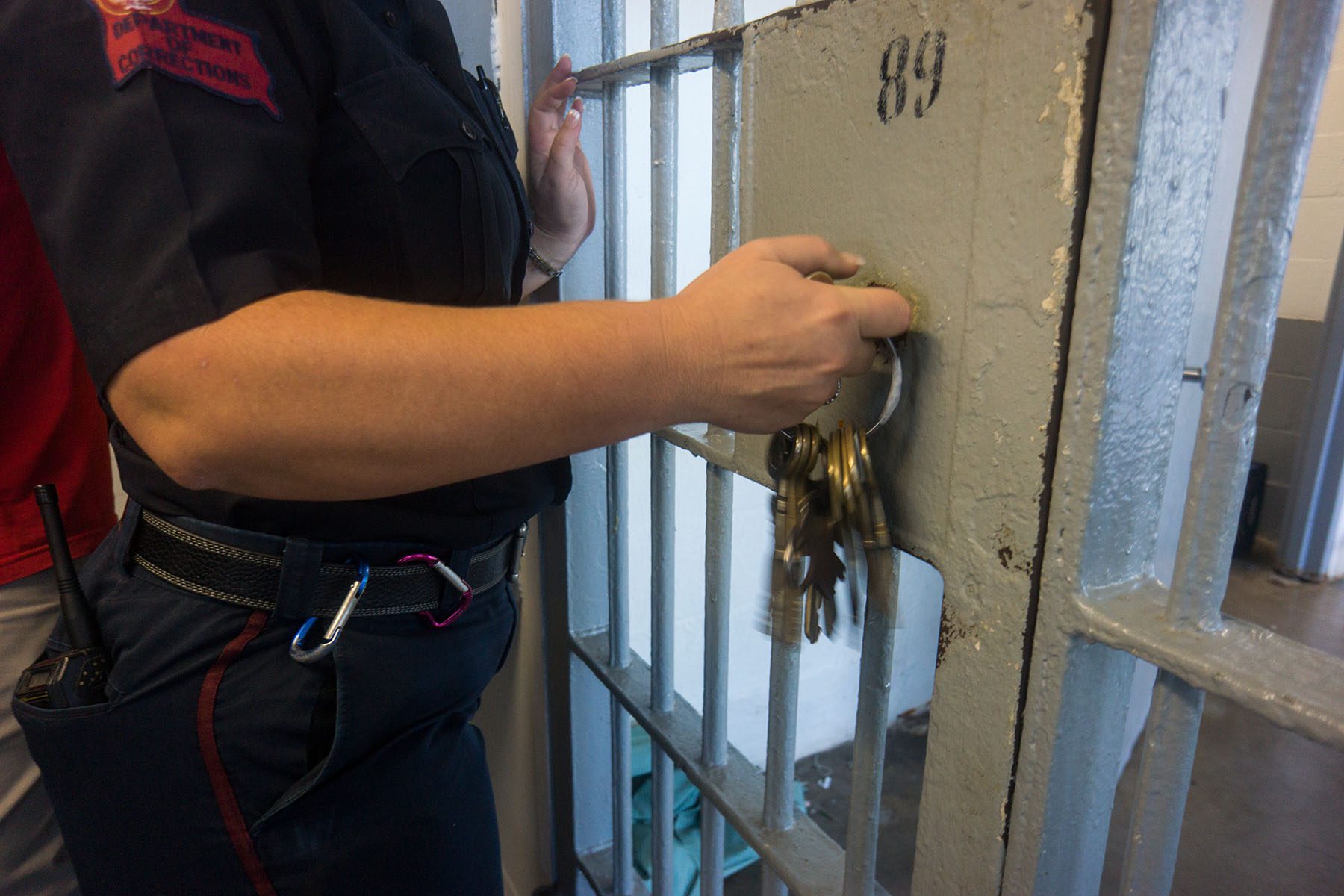
Connie Lewis, a chapter leader with FFLIC in Lake Charles, Louisiana, believes progress on mitigating youth incarceration has stalled in the state. Lewis first began working on juvenile legal issues nearly 30 years ago after her son first got into trouble with law enforcement.
Her son’s arrest in middle school led to a cycle of incarceration, and he is currently in prison at age 36. Both through her personal experiences and through her work with FFLIC, Lewis has seen how youth incarceration wreaks havoc on families. For her, there was the emotional strain of knowing her child was incarcerated and the added stress of finding ways to support him while he was held in a facility hours away from her.
The decision last year to transfer youth to the Angola prison devastated her, she said.
“I was just in tears,” Lewis said. “I have been doing this work for 27 years and I thought we had gotten further than that. I was devastated to hear that the state could incarcerate juveniles in an adult facility.”
People fighting against youth incarceration, including Dumas and Cenance of Black Girls Rising, said there are better approaches to address instances of crime among young people that include identifying the roots of the behavior, providing support to families and better rehabilitation services to children.
In recent years, a number of states have been working to reduce youth incarceration rates. For example, last year Hawaii reported no girls were incarcerated in the state due to efforts to divert them from the court system. This month, four counties in California said they would offer more community-based alternatives to reduce detention of young women and girls.
Advocates said Louisiana can also do more. “This is a crisis that Louisiana’s leaders have created. And it’s a failure of adults, not the fault of children,” Cader said.
